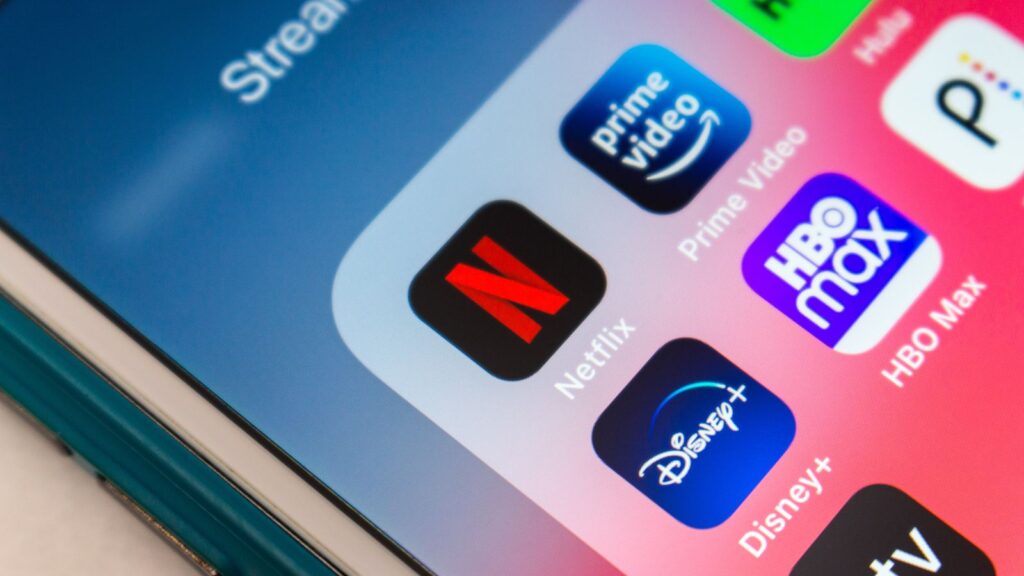As the cost of living continues to rise, finding ways to save money becomes increasingly important, and fortunately, there are certain expenses that, with a little attention, can be trimmed or eliminated altogether to help ease the financial burden. We’ll explore some commonly overlooked expenses that could be quietly draining your wallet, and offer insights on how to start saving.
Leaving the Lights On

Leaving the lights on when no one is in the house or leaving them on all night while you sleep will cost you money. To save money on your electric bill, make sure you turn the lights off before you leave a room and at night.
Convenience Stores

The goods you buy from convenience stores are always overpriced. Why? Well, because you’re paying for their convenience. To avoid paying too much for items you could get for discounted prices elsewhere, avoid shopping at convenience stores. Instead, always shop in bulk at large grocery stores.
Disposable Cleaning Supplies

The New York Post says that “The average American spends nearly 300 hours a year cleaning their home.” A lot of that cleaning is done with disposable cleaning supplies like wipes and gloves. These are expensive. Reusable wipes and heavy-duty gloves are a lot more cost-effective.
Overloading the Car

Many cars will consume more gas the more you pack into them. To prevent using more gas than you need to, take heavy items that you’re not using out of the car. Avoid using the trunk of your car as a storage space for miscellaneous household items.
Multiple Streaming Services

How many streaming services are you paying for each month? Although it’s nice to have a variety of movies and shows to watch, in reality, there’s only so much time we can spend in front of the TV each day. Cancel streaming services you’re not using regularly.
Expired Free Trials

Free trials for online services usually only last for 30 days; after that, you’ll begin to be charged for the service. It’s so easy to begin paying for a service because you forgot the trial had ended. Set an alarm when free trials are nearing their end.
Half-Full Dishwashers

“The U.S. Energy Information Administration estimates that over 89 million homes in America have a dishwasher,” says Fox 13 Tampa Bay. Running your dishwasher is expensive and only filling it halfway before putting it on is a complete waste of money. Fill your dishwasher before initiating a cycle.
Roaming

Using your cell phone when you’re in a different country will incur additional roaming costs. Have you found out how much roaming is when you travel? To avoid being hit with a nasty bill at the end of the month, turn off your mobile data before you travel abroad.
Parking Tickets

Paying for a spot in a parking lot in the United States is expensive. If you do this regularly, you’ll put an extra burden on your finances. To prevent this, try to find free parking spots, even if they’re further from your destination. Alternatively, you can walk or bike.
Brand Name Drugs

When faced with a choice between a brand name and a generic drug, we seem to always choose a brand name. We do this even though the drug is basically the same. According to eHealth, “Generic medications can cost, on average, 80 to 85 percent less than the brand-name.”
Shopping Bags

In an effort to make us more environmentally conscious, many supermarkets are charging us for each plastic bag we use. To avoid paying for plastic bags, which, although they are inexpensive, quickly add up, we should carry reusable bags with us. You can keep one in your car.
Café Breakfast

A bit of breakfast from a café won’t cost you more than a couple of dollars. But if you do this every day, you’ll soon be paying a very expensive bill. To save money on the most important meal of the day, always prepare it at home.
Bottled Water

A bottle of water will only cost a couple of dollars. But if you buy a bottle of water every time you leave the house, this will become expensive. To save money on water, buy a reusable water bottle. Take the bottle with you wherever you go.
Unnecessary Journeys

The figures from TransUnion show that “most households (54%) plan to take one or two trips over the spring and summer travel season, with 45% planning to be away four to seven days and 33% planning to be away more than eight days.” But taking long, unnecessary road trips is very expensive.
Fast Food

Fast food as a one-off is not expensive. But if you eat it regularly, it will quickly become another burden that your finances can’t manage. To prevent being buried under fast food expenses, make more home-cooked meals. Avoid relying on fast food as a lunch option at work.
Fast Fashion

Fast fashion is cheap and allows you to change your look more often. But fast fashion clothing isn’t good quality and doesn’t last. It could turn out to be more expensive. To save money on clothes, buy a few good-quality items that you can use year in and year out.
Public Transportation

Public transportation is one of the biggest household expenses in the United States. But do you really need to use it? Perhaps you can save money on public transportation for at least a couple of days a week by biking or walking to the places you need to go.
Coffee

A cup of coffee from a café in the United States will cost just a couple of dollars. But paying for a cup of coffee every day will soon start costing you a lot of money. To save money on this hot beverage, make your own coffee at home.







